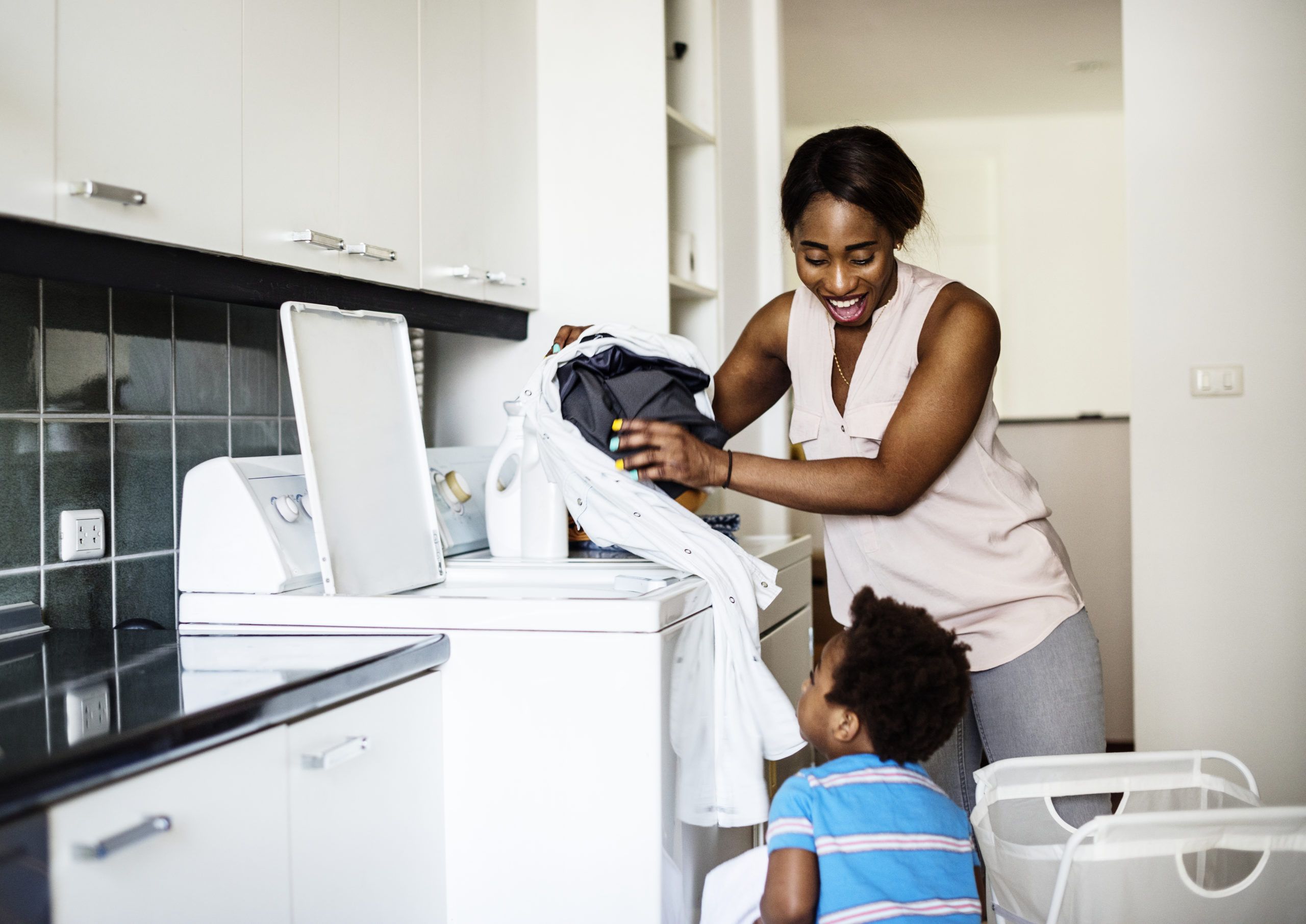
Teaching Children Personal Responsibility
Personal Responsibility
We want our children to grow up with a sense of personal responsibility for their actions and the consequences of these actions. With young children, we can start fostering a sense of personal responsibility by helping them learn right from the start of putting things (toys) away. Two and three-year-old children should participate in cleaning up their toys. You are free to sing your favorite “cleaning up song,” but don’t’ feel that you have to. Parents should help ensure that this concept gets off to a good start by setting apparent limits on how toys are taken out and played with. While making a “mess” is lovely, the size of the mess sometimes gets in the way of a smooth clean up. If I can instill in my child that we will take out one activity, enjoy it, and put it away before moving on, I am helping him not only learn responsibility but organizational skills as well. Consistently reinforcing this behavior increases the likelihood the child will continue this process when he or she is off playing independently.
Don’t Overwhelm
It is critical not to overwhelm your child with toys and other materials. Please remember –”Less is more.” A few well-chosen games or toys that are played with and put away carefully are far more valuable than a closet crammed full of “stuff.” Your child’s statement, “I’m bored,” is symptomatic of the fact that there are so many choices that the child is overwhelmed.
Contribute To Household Routines
Children feel good when they are allowed to contribute to household routines. Children have “jobs” at school, and they certainly should have chores at home. I’m not at all convinced that the child’s only job should be to “get good grades in school.” That is like saying that a parent’s only job is to earn money for the family. Cleaning one’s room, setting the table, clearing the table, folding laundry, helping to carry in groceries, taking out the garbage, walking the dog, feeding the cat, and vacuuming are but a few of many chores that children can do. Attending to one’s Homework is a critical issue within the concept of responsibility.
Take Ownership Of Behavior
Helping children to learn and embrace responsibility also comes into play in terms of their relationships and interactions with family members and friends. Teach your children to take ownership of their behavior. We instinctively encourage our children to let their friends who are over the house pick the “first game” to play. We are helping our children to be kind hosts. We are also setting the stage for them to learn to take responsibility when they chose to be “bossy,” which can result in their friends asking to go home or telling their mom or dad that they don’t want to come back and play.
Pets And Responsibility
How some children relate to their pets, often a dog or cat demonstrates their level of responsibility. Some children seem to instinctively know their pet’s limits in terms of wanting to be held versus wanting space. For other children, it is imperative to teach them how to respect the pet’s boundaries. Some children, however, don’t’ seem to care regarding the signal the pet is giving them, and they may choose not to heed their parents’ words. These children will often complain in the office that their dog or cat is mean. In reality, the pet has learned to keep its distance or react negatively to the child who does not respect their needs. Having a pet at home can provide much joy and essential learning for children across several fronts. The addition of a pet, however, can also bring a great deal of stress into a home that may already be reeling from stress. Agreeing to get a pet to keep a child from “whining” may prove to be a grave mistake on the part of a parent. Helping a child to learn to pay attention to the boundaries required by another living organism not only applies to pets but other children in the family as well.
